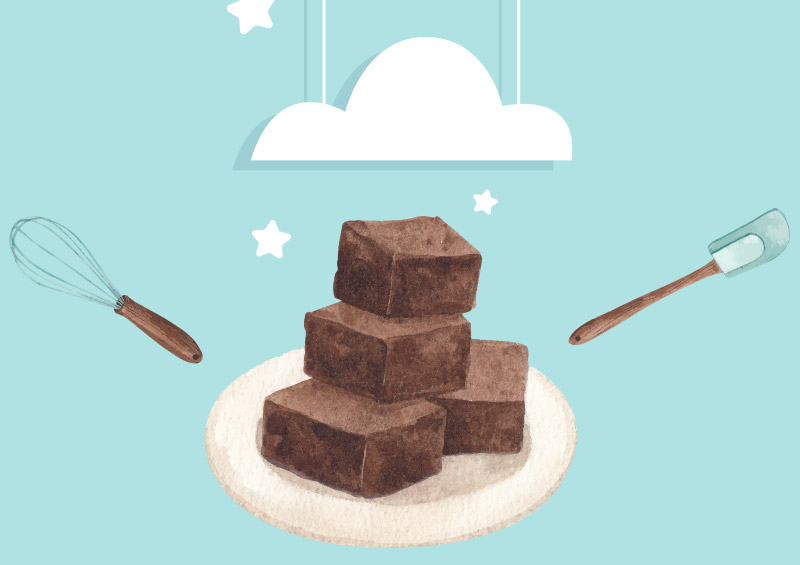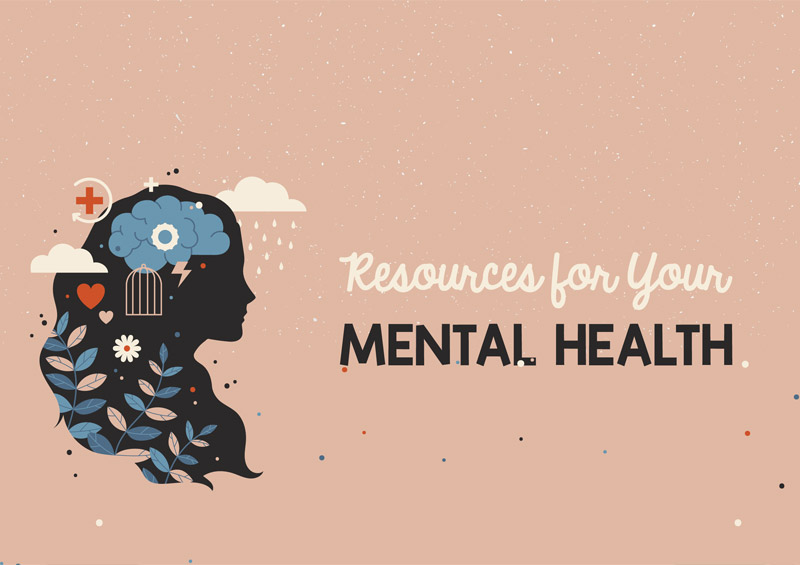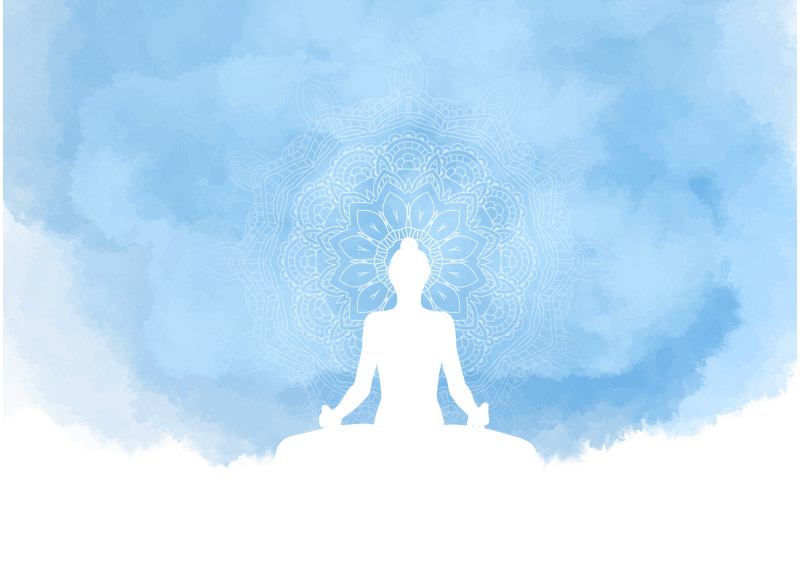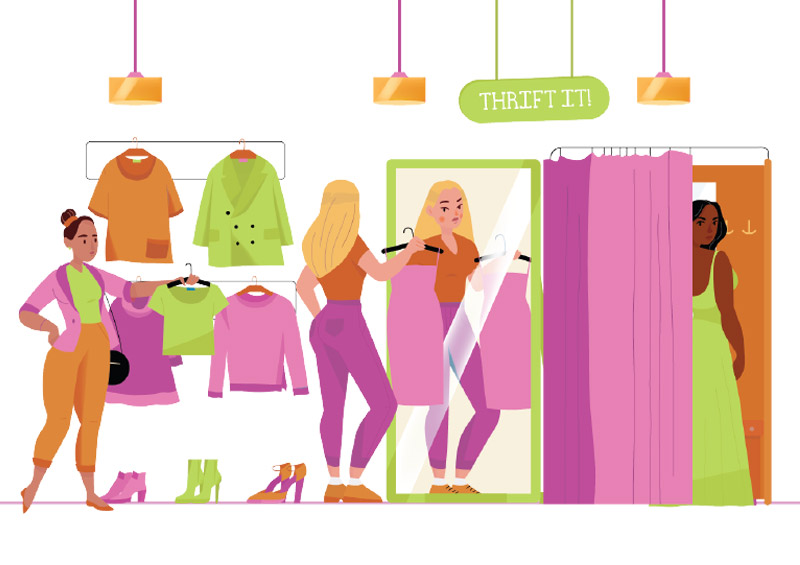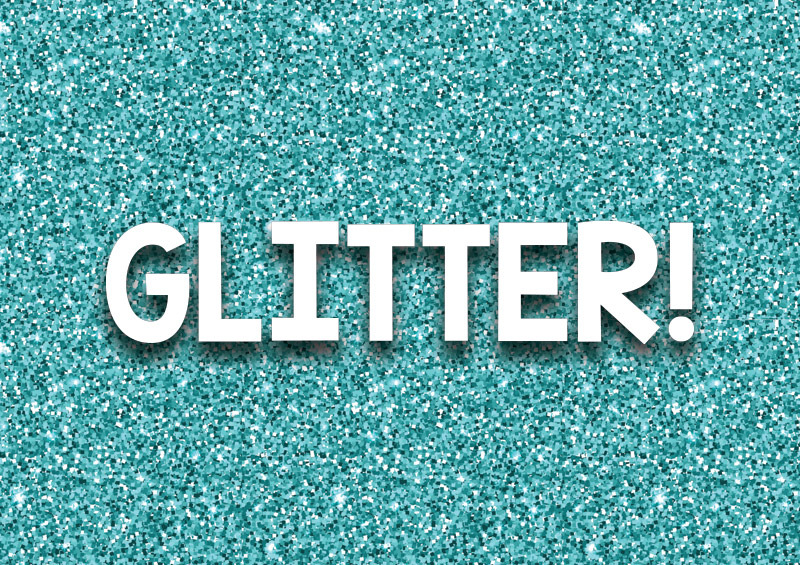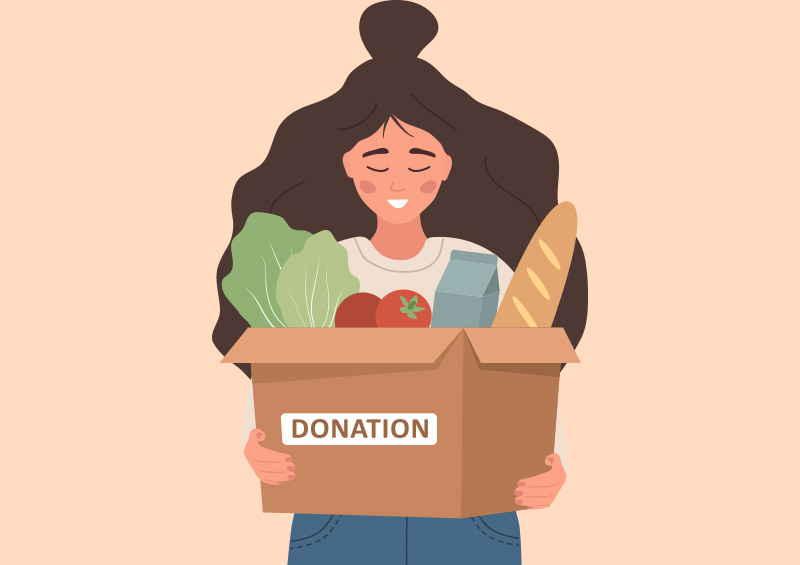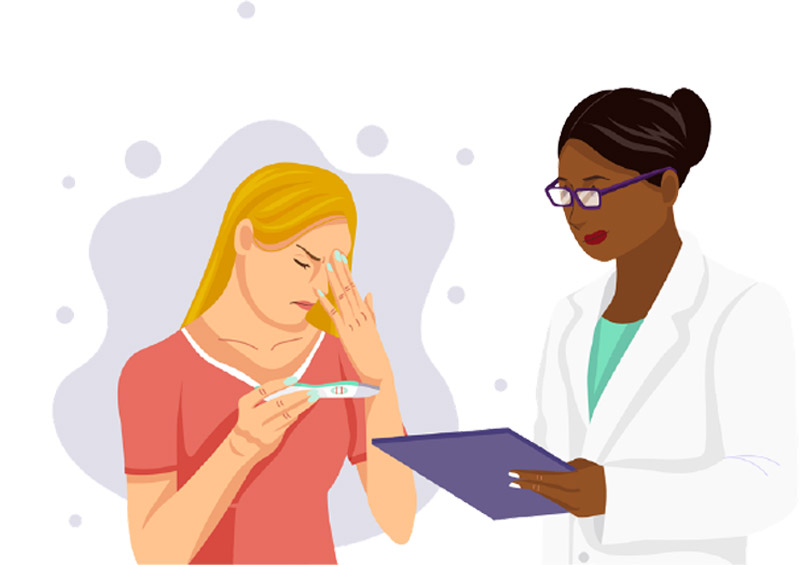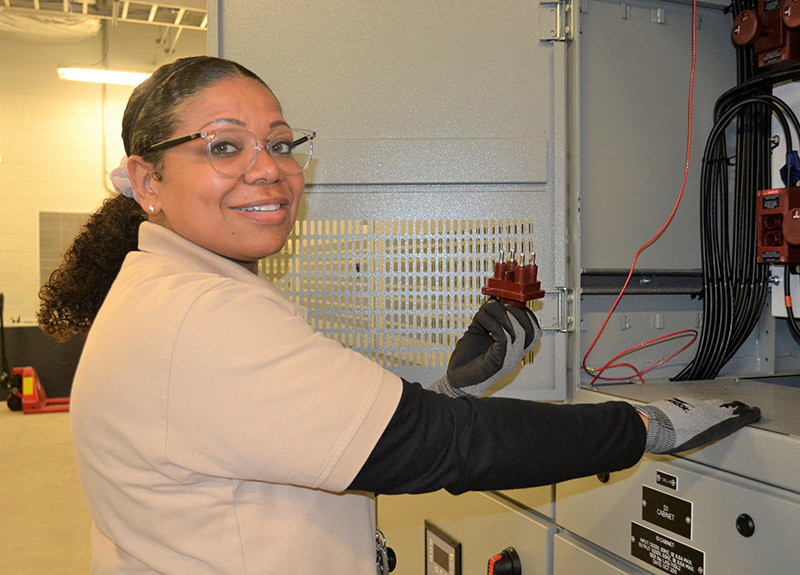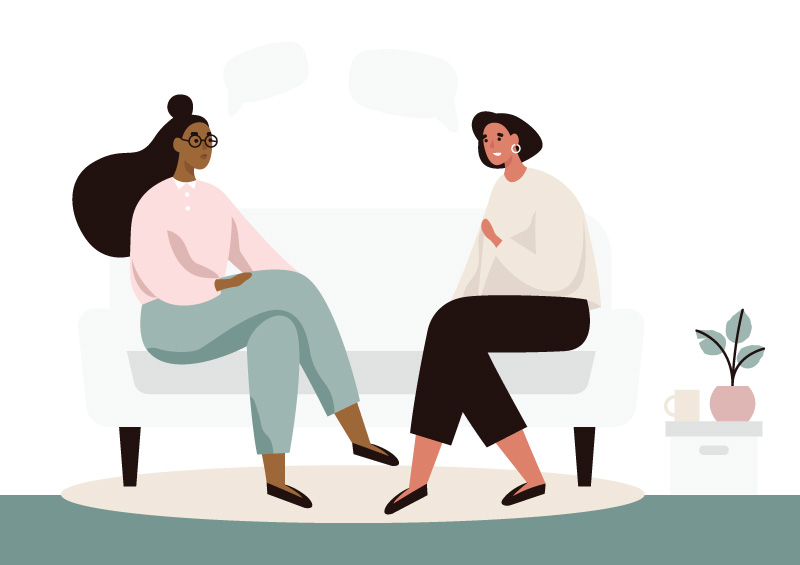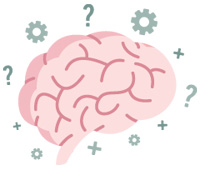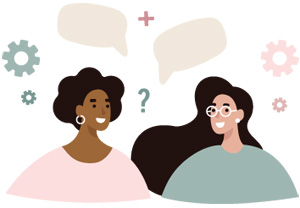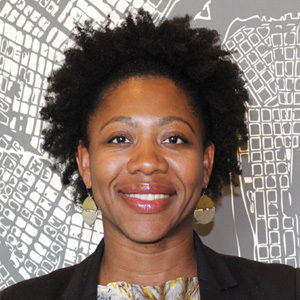From birth you’ve relied on others to survive, grow, and overcome challenges. Parents, grandparents, siblings and other family members, neighbors, teachers, and friends have been helping you along the way. These are the people we spend time with, trust, and turn to for help when needed. But what if we need help beyond what our social support network can give us? That’s when we turn to a different level of support: people who have extended knowledge and training in helping people cope with life’s challenges.
If you’ve ever broken a bone, you probably knew at that moment professional medical help was needed. A broken bone is not an injury fixed with some Neosporin and a kiss from mom; what you needed was a doctor who could assess and treat your injury. When it comes to mental and behavioral health issues—anxiety, depression, ADHD, eating disorders, to name a few—it’s kind of the same thing. You need to go see a professional. Not just anyone can fix a broken arm or, say, perform brain surgery, and the same goes for psychotherapy. Therapists, just like doctors, must be credentialed by a state government regulatory board.





